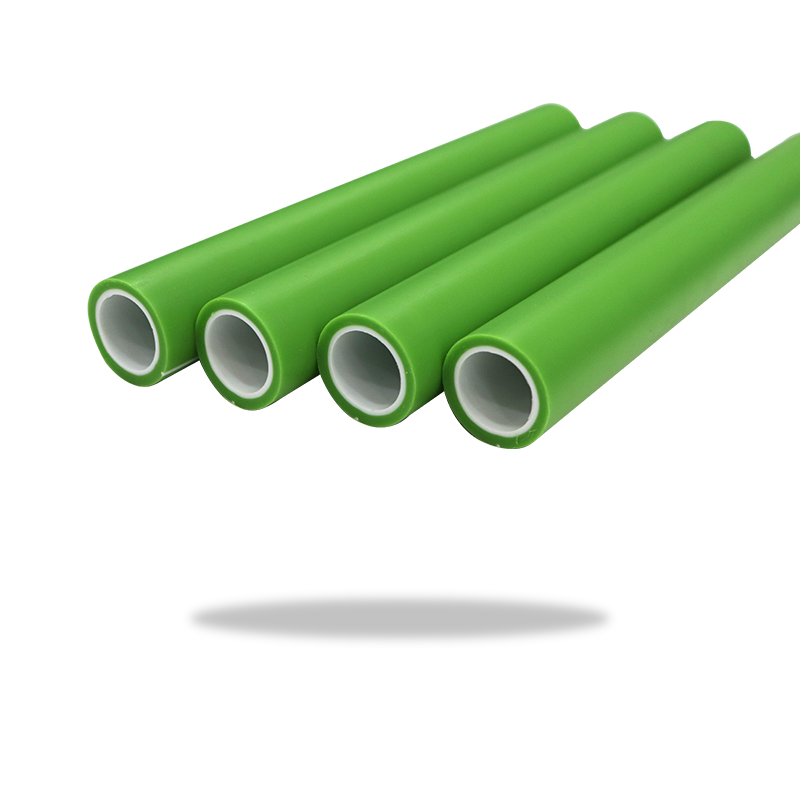PPR (Polypropylene Random Copolymer) pipes exhibit several characteristics that make them suitable for use in environments containing various chemicals and corrosive substances:
Chemical Resistance:Broad Compatibility: PPR pipes are known for their resistance to a wide range of chemicals, including acids, alkalis, and some solvents. This makes them suitable for transporting chemicals in industrial applications.Limited Reactivity: The chemical structure of polypropylene allows PPR pipes to have low reactivity with many substances, reducing the risk of degradation or reaction.
Corrosion Resistance:Non-Corrosive Material: Unlike metal pipes, PPR pipes do not corrode or rust, making them ideal for environments where corrosive substances may be present.Longevity: The non-corrosive nature contributes to the long lifespan of PPR pipes, even in challenging conditions.
Temperature Stability:Heat Resistance: PPR pipes can withstand moderate temperature fluctuations without significant loss of structural integrity. However, extreme temperatures may affect performance, so it's essential to check compatibility with specific chemicals at varying temperatures.Leaching Concerns:Low Leaching Potential: PPR pipes have a low leaching potential compared to some other materials, which is beneficial when transporting drinking water or food-related substances.

Limitations:Specific Chemicals: While PPR pipes are resistant to many chemicals, they are not suitable for all substances. For example, strong oxidizing agents (like concentrated sulfuric acid) and certain organic solvents (like ketones) may cause damage.Consultation Needed: It's important to consult chemical compatibility charts or manufacturer guidelines for specific applications to ensure PPR pipes are appropriate for the intended use.
Testing and Certifications:Regulatory Standards: PPR pipes often undergo testing to meet industry standards for chemical resistance, ensuring they are safe for specific applications.User Experience: Many users report favorable experiences with PPR pipes in chemical transport, citing their durability and reliability.
In summary, PPR pipes perform well in environments with many chemicals and corrosive substances, but it's essential to verify compatibility with specific chemicals and conditions to ensure optimal performance and safety.

 简体中文
简体中文 English
English русский
русский Español
Español Français
Français عربى
عربى Português
Português












